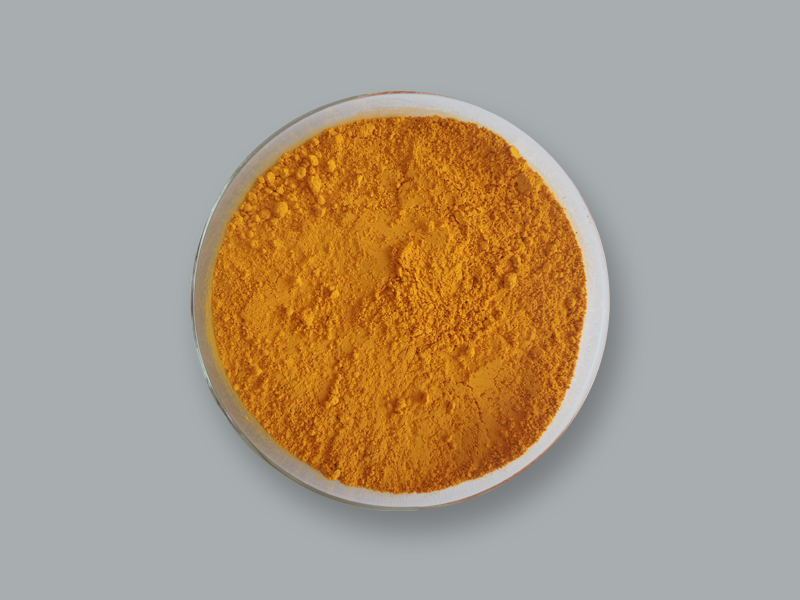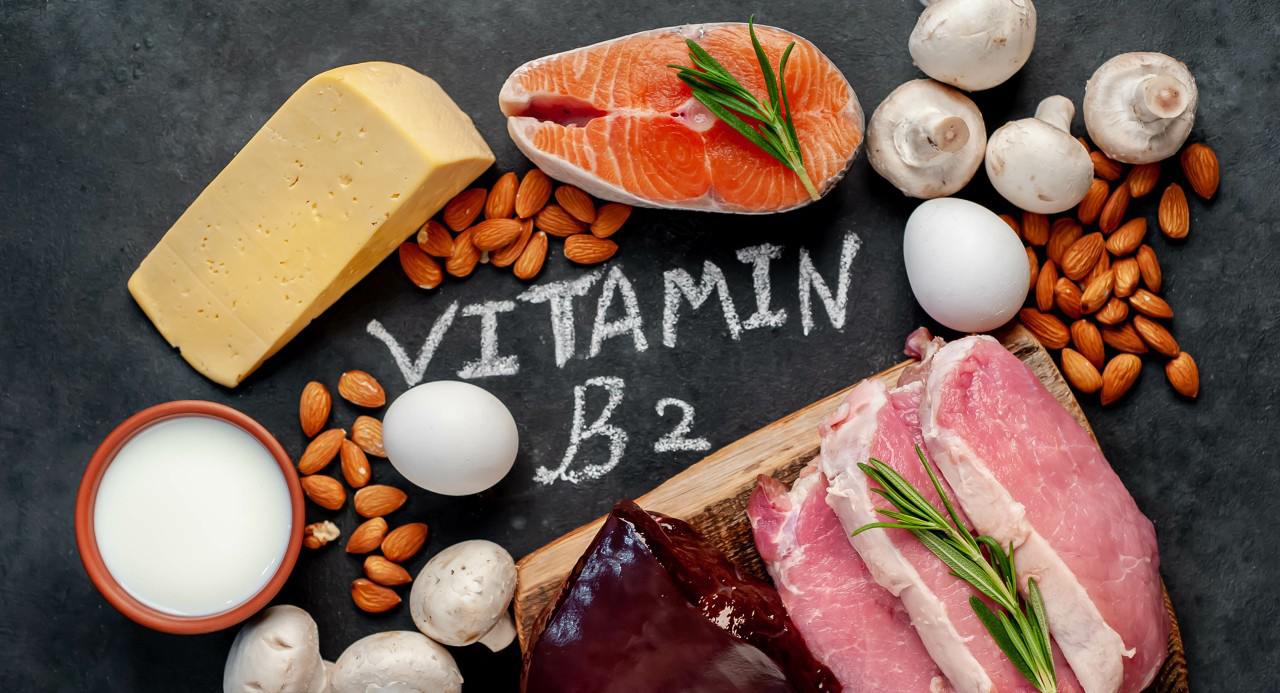Riboflavin, also known as vitamin B2, is an essential nutrient that plays a key role in various bodily functions. It belongs to the vitamin B complex group and is water-soluble, meaning it dissolves in water and cannot be stored in the body in significant amounts. Here are some key points about riboflavin:
1.Role in the Body: Riboflavin is essential for converting carbohydrates into glucose, which provides energy for the body. It also plays a crucial role in the metabolism of fats and proteins.
2.Antioxidant Properties: It acts as an antioxidant, helping to protect cells from damage caused by free radicals. This function contributes to its role in maintaining healthy skin, eyes, and nerve function.
3.Sources: Good food sources of riboflavin include dairy products (such as milk and yogurt), eggs, lean meats, green leafy vegetables, nuts, and whole grains. Many cereals and breads are also fortified with riboflavin.
4.Deficiency: Riboflavin deficiency is rare in developed countries but can occur in cases of poor diet or certain medical conditions. Symptoms may include sore throat, redness and swelling of the lining of the mouth and throat, cracks or sores on the outsides of the lips (cheilosis), inflammation and redness of the tongue (magenta tongue), and a moist, scaly skin inflammation.
5.Health Benefits: Adequate riboflavin intake supports overall health, including maintenance of healthy skin, eyes, and nervous system. It also supports the production of red blood cells and helps in iron metabolism.

6.Supplementation: Riboflavin is often included in B-complex supplements or multivitamins, especially for individuals at risk of deficiency.
In summary, riboflavin is an essential nutrient that supports numerous biochemical reactions in the body, contributes to overall health, and is readily obtained from a balanced diet that includes sources rich in vitamin B2.
How to use Riboflavin?
Riboflavin, also known as Vitamin B2, is an essential nutrient that plays a crucial role in maintaining overall health. Here are some common ways to use riboflavin:
1.Dietary Sources: Riboflavin is naturally present in many foods. Including foods rich in riboflavin in your diet is the simplest way to ensure an adequate intake. Good food sources include dairy products, eggs, lean meats, green leafy vegetables, nuts, and enriched cereals.
2.Supplements: If your diet does not provide enough riboflavin, or if you have a condition that increases your need for riboflavin (such as pregnancy or certain medical conditions), you may consider taking riboflavin supplements. These are available over-the-counter in various forms like tablets, capsules, and liquids.
3.Health Benefits: Riboflavin is important for various bodily functions, including energy production, growth, and red blood cell formation. It also supports healthy skin, eyes, and nerve function. Riboflavin is involved in the metabolism of carbohydrates, fats, and proteins.
4.Recommended Daily Intake: The recommended daily intake of riboflavin varies by age and sex, but generally ranges from 0.3 to 1.3 milligrams per day for adults. Pregnant and breastfeeding women may need slightly more.

5.Considerations: Riboflavin is water-soluble, meaning the body does not store it, so regular intake is important. It’s generally considered safe, even at high doses, because excess amounts are excreted in urine. However, very high doses (much higher than the recommended daily intake) might cause some minor side effects like diarrhea or an increase in urine color.
6.Medical Uses: Riboflavin is sometimes used therapeutically, such as in combination with other vitamins for migraine prevention, or as part of the treatment for certain metabolic disorders.
When using riboflavin, whether through diet or supplements, it’s advisable to follow recommended guidelines unless directed otherwise by a healthcare professional. If you have specific health concerns or conditions, consulting with a healthcare provider can help determine the appropriate dosage and form of riboflavin for your needs.
